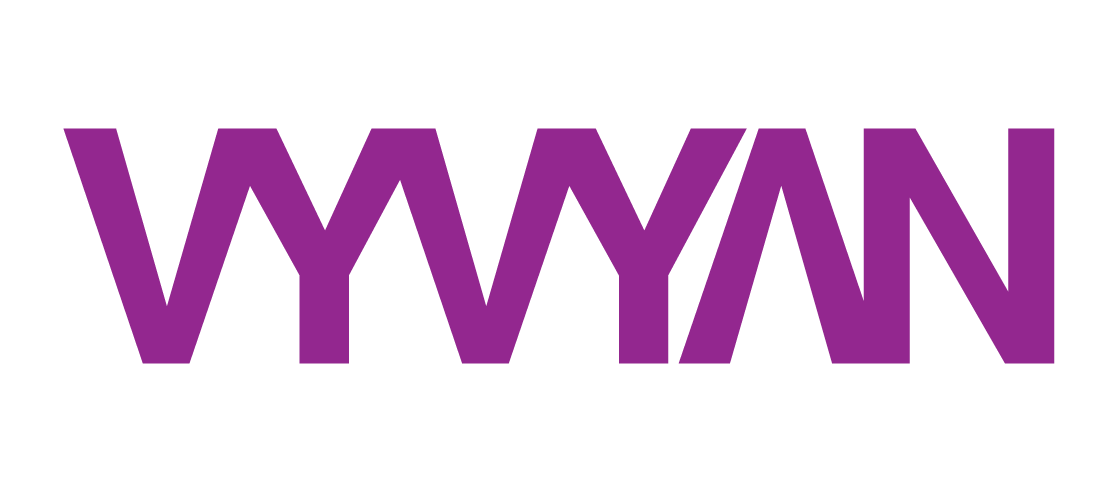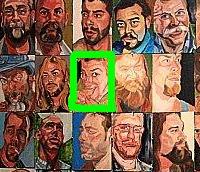Don’t start any rumors, I’m keeping my old love, and not just because I’m afraid to give up the political connections our partnership contains. But I’ve got a new love: local anonymous queer propagandists f.i.e.r.c.e.n.e.s.s.. They have posted a really excellent text on privilege and queerness, which I’m happy to attribute to its author if they come forward….
It’s not just what you know — it’s what you never have to know. It’s happening every day, at that party or park or potluck, when you can look like what you really are and touch who you really want to touch without feeling like you’re violating others’ expectations. It’s never being forced to examine accepted ideas of gender and sexuality, despite their arbitrary nature. It’s never having to realize that people are seeing you as something you know you are not.
Privilege is about safety and belonging. It lies hidden in identities and desires that don’t need to be justified or defended or even spoken of, because they reaffirm the identities and desires of most of the people around you. Privilege is assuming, before you even get there, that your gender and your sexuality are welcome and expected wherever you might want to go. (emphasis mine)
I don’t know about you but I think about how welcome my gender and sexuality will be whenever I go out, and I’m almost always prepared to be unexpected at best. It doesn’t usually influence where or when I go, or much of how I present myself, but it certainly influences my feeling of armoring up to go out into the world. Being visibly queer is a complicated thing, and many brilliant folks I know are marginalized because of it. Being accepted in the mainstream is lovely in many ways, but it comes with the pressure to be acceptable to the mainstream. I think hard about where I am and am not willing to compromise. (I don’t shave my legs, but I always wear pants.) My gender is not an unconscious thing – it’s something I do, think about, wrestle with, and prepare to confront folks about on a daily basis.
I’ve been hearing some pushback that some recent queer events have been hostile to folks perceived to be heterosexual or heteronormative. This is not part of my vision of queer liberation. I’d love to think and talk more about how we create spaces to be queer in its original sense: transgressive and nonconformist, outside the norm. Not to rigidly expect that everyone look like us, or that only freaks and outlaws be invited, but where the new norm is no norm. Because we all deserve the privilege of feeling like we’re welcome and expected.


